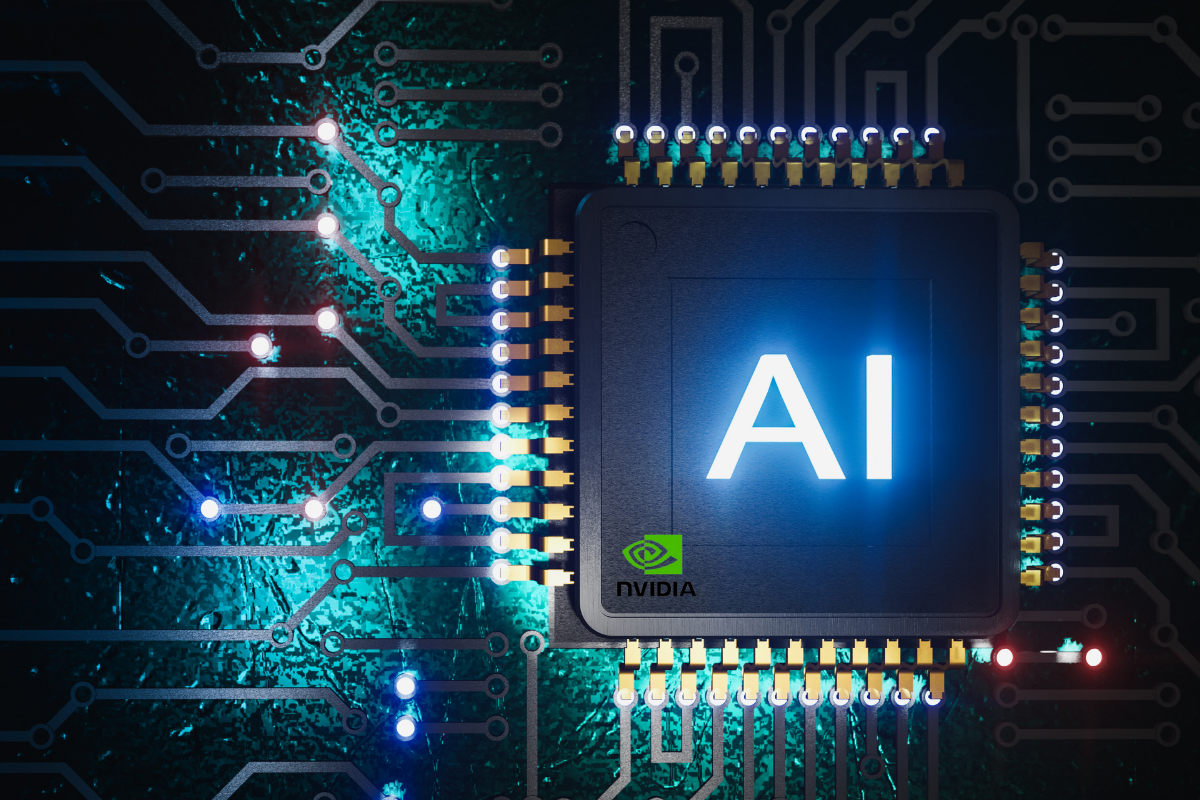Nvidia, a leading player in the AI chip industry, is developing a version of its flagship AI chips tailored for the Chinese market. This move aims to align with current U.S. export regulations, according to three sources familiar with the matter.
Why is Nvidia Targeting the Chinese Market?
Nvidia is focusing on China to adapt to stringent U.S. export controls. In March, Nvidia introduced its “Blackwell” chip series, which promises to revolutionize AI processing. Among these, the B200 chip stands out, being 30 times faster than its predecessor in tasks like chatbot responses. To comply with U.S. restrictions and capture the Chinese market, Nvidia plans to collaborate with Inspur, a key distribution partner in China, to launch and distribute a modified version of this chip, tentatively named “B20.”
China, as one of the world’s largest electronics manufacturing hubs, continues to play a leading role in artificial intelligence (AI) chip production. The country boasts semiconductor factories and high-tech facilities capable of high-efficiency, low-cost production. This capacity enables China to play a crucial role in the global semiconductor supply chain.
The Chinese government is making significant investments to promote the development of the AI and semiconductor sectors. Strategic plans such as “Made in China 2025” and the “New Generation Artificial Intelligence Development Plan” aim to boost domestic chip production and ensure China’s technological independence. Government-supported incentives and subsidies allow local companies to enhance their R&D efforts and increase production capacities.
How Does This Impact Nvidia and the AI Market?
Developing a chip variant for China could help Nvidia counteract the growing influence of Chinese firms. After the U.S. tightened export controls on advanced semiconductors in 2023 to curb China’s military advancements in supercomputing, Nvidia introduced three chips specifically for the Chinese market. This strategic move aims to regain market share lost to Chinese tech giants like Huawei and Tencent-backed startups like Enflame. Despite an initial slow start, Nvidia’s H20 chip sales have surged, with projections suggesting over 1 million units will be sold in China this year, potentially generating upwards of $12 billion.
What Are the Broader Implications for the Semiconductor Industry?
The U.S. is expected to maintain and possibly intensify its pressure on semiconductor exports. Washington is urging the Netherlands and Japan to impose stricter restrictions on chipmaking equipment exports to China. Additionally, the Biden administration is considering implementing guardrails around the most advanced AI models, such as those used in systems like ChatGPT. This regulatory environment has already impacted global chip stocks, which dropped after reports emerged about the potential foreign direct product rule. This rule would empower the U.S. to prevent the sale of products made using American technology.
Nvidia’s strategic adaptation to U.S. export controls by developing a China-specific AI chip highlights the complex interplay between technological innovation and international trade regulations. As Nvidia navigates these challenges, its efforts to maintain a foothold in the Chinese market underscore the broader impacts of geopolitical tensions on the global semiconductor industry. The outcome of these regulatory maneuvers will significantly shape the future of AI technology and international trade dynamics.


